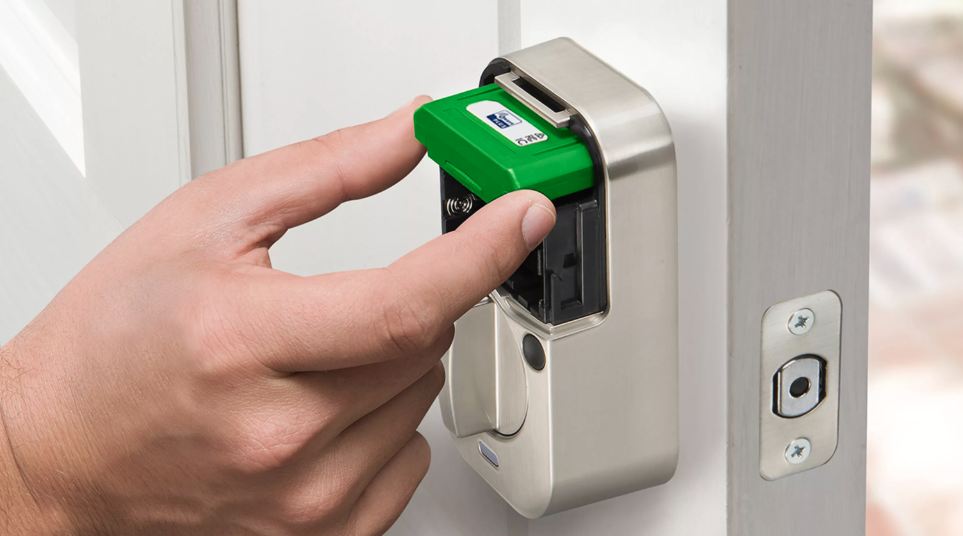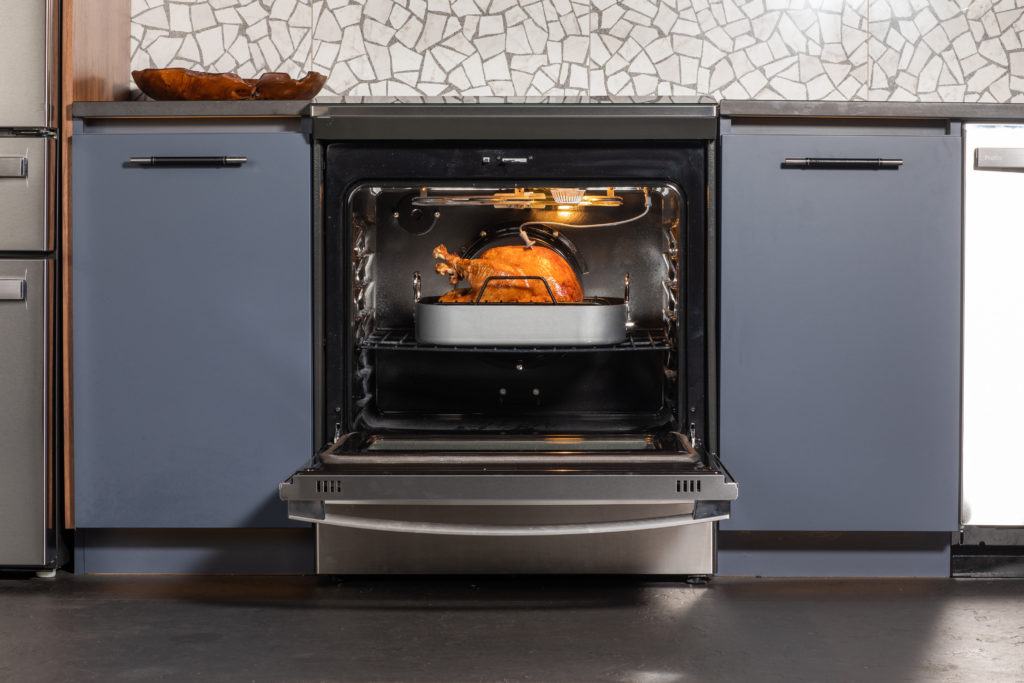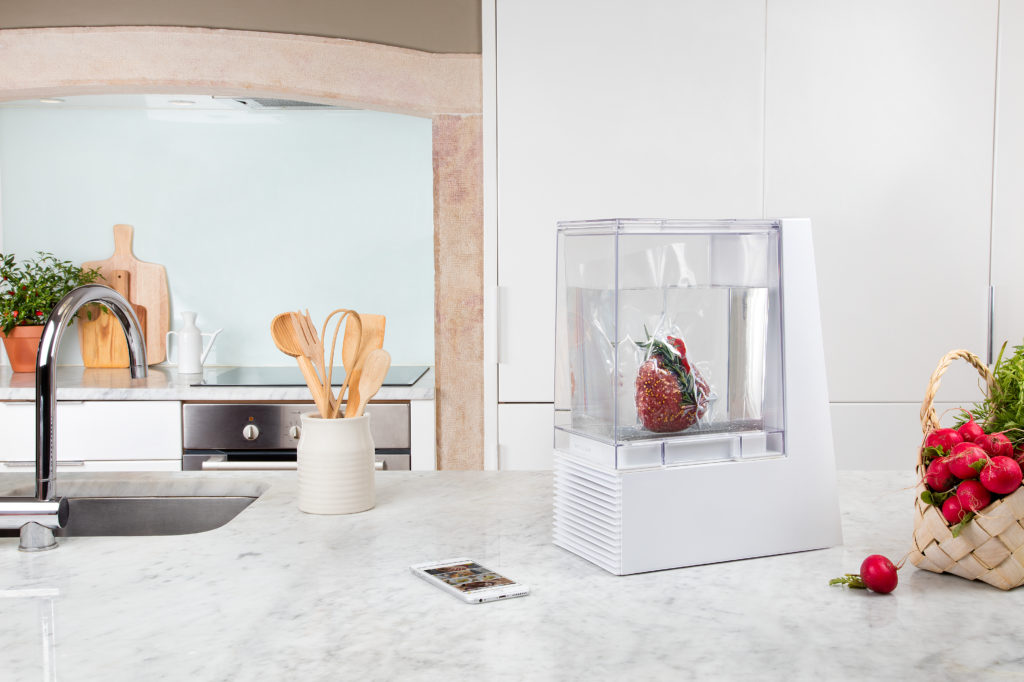This week we start the show with my first impressions of the Aqara FP2 mmWave sensor. This $83 sensor can detect multiple people in a room, light settings, and falls. It’s also one of the first presence sensors that uses radar to detect people as opposed to interruptions in infrared light. (The newest Ecobee thermostat also has a radar sensor for person detection.) After talking about my experience getting the device working and covering its limitations, we move on to discuss the use of dark patterns in IoT devices, based on an article from Consumer Reports. Then we talk about an update to InfluxData’s time-series platform that might be useful for those processing time-series data. In funding news, Hakimo raised money for using computer vision for physical security, and $96 million went to smart electric panel maker Span. In small product updates WiZ lights get a Matter version, there’s a new Shelly Bluetooth button, and Google Nest devices will chime instead of providing a long-winded spoken confirmation. And then we cover the new Z-Wave module for Yale’s Assure 2 lock. Finally, we answer a listener question about smart locks that would work with the Ring security system.

Our guest this week is Daniel Wroclawski, a senior writer at Consumer Reports, who is on the show to discuss an article he spent two years writing. It’s about how connected appliances collect and share your data. We talk about his conversations (or lack of conversations) with the five big appliance makers about the state of connected device data gathering. We discuss why consumers and manufacturers are excited about connected appliances and then talk about some of their potential downfalls. For example, will your oven features work if you don’t connect it to the internet? Maybe not. We also talk about what we should do in our homes to protect our privacy and what Congress needs to take action on. It’s a good show, especially if you have a connected fridge.
Hosts: Stacey Higginbotham and Kevin Tofel
Guest: Daniel Wroclawski, a senior writer at Consumer Reports
Sponsors: OnLogic and Silicon Labs
- The Aqara mmWave sensor can detect falls or light levels and presence.
- The IoT has embraced dark design patterns.
- Lights with Matter, better Bluetooth buttons, and Z-Wave locks.
- Why does your dryer need to be connected to the internet?
- Most appliance makers didn’t want to share what data they collect.
Podcast: Play in new window | Download | Embed
Subscribe: RSS


